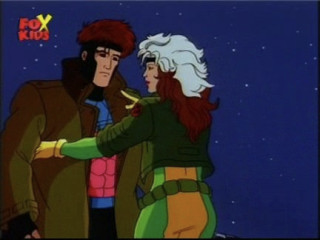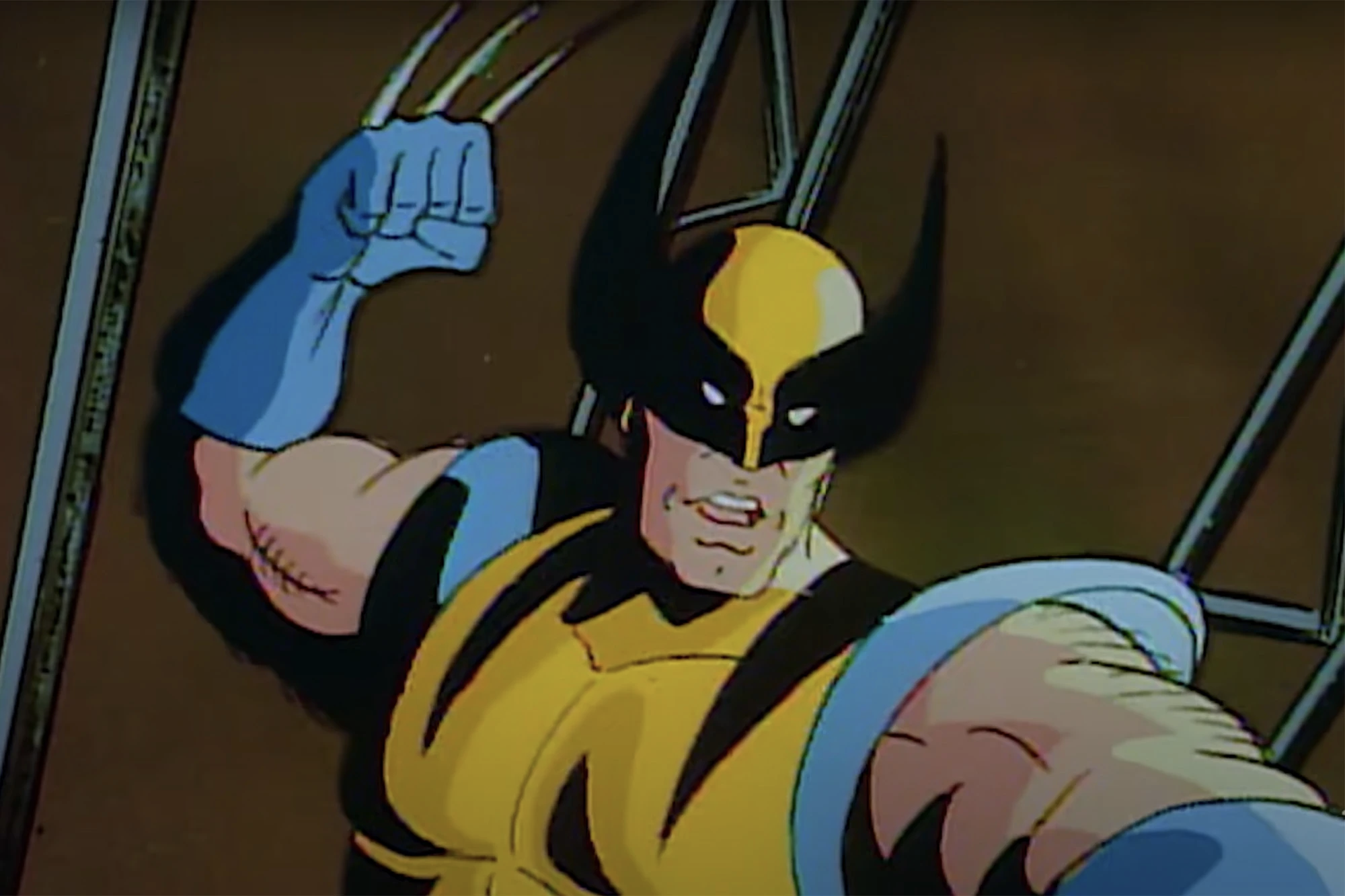X-Men: The Animated Series

AKA The Story of My Life
When my siblings and I were of grade-school age, we paid good attention to Saturday morning cartoons, which would eventually become extinct during the next few decades, and one we initially disregarded was X-Men: The Animated Series, since we were more into the DC line of superhero media. We eventually got into the series due to positive word of mouth, although back then, I only remember bits and pieces of the first season. I recently decided to give the entire series a watch on Disney+ well into the era of streaming television, with most of it being new to me.
Whereas most Saturday morning cartoons featured asinine jingles during their opening sequences, X-Men used a digitized instrumental during its own that would see use and modification in the future film adaptations, which had been a nice break in the time. The early episodes focus on the teenage Jubilation Lee (eventually given the codename Jubilee by the eponymous X-Men), an adopted Chinese-American mutant whose parents receive word of their child being as such by government officials. Some plotlines of the comics such as Days of Future Past are followed later into the season.

Many love triangles abound in the second season.
The second season introduces another major X-Men villain, Mr. Sinister (with the first focusing on Magneto, his backstory somewhat Bowdlerized from being a Holocaust survivor into being a survivor of a war in a fictitious country), who wants to create a master race of mutants, similar to the way the Nazis had attempted with the German people. There are also several love triangles among Professor Xavier's mutants, along with an encounter with a Russian mutant named Omega Red, whom post-Soviet Russia is trying to use to reclaim its Cold War imperialism (similar to today with the Russia-Ukraine War).
One common overlooked X-Men villain introduced in season two that returns in the third is Mojo, who I remember was in the Genesis game at a weird point that required you to quickly press the reset button to continue the story and is a fairly comical antagonist who hosts his own intergalactic television series but is probably among the low points of the series. Furthermore, while the first season highlights Wolverine's backstory, the third rehashes it, but does have some positive elements such introducing the deeply-religious German mutant Nightcrawler, who finds Wolverine, given his past experiences, somewhat skeptical of faith in general.
The fourth season features subplots like the backstory between Professor Xavier and the enemy mutant Juggernaut and features the Beyond Good and Evil plotline of the comics. Wolverine continues to be among the main contributors of humor to the series, with references to Winnie-the-Pooh, the Energizer Bunny, and Duracell batteries that maybe in a few cases hold up today, and one could consider him, given his constantly doing his own thing and to an extent his voice, to be the "Batman" of the superhero team. This season and the past ones feature a human supremacist organization called the Friends of Humanity.

"I'm Batma...er, Wolverine."
The fifth and final season features a variation of the main theme music and a different title sequence, focusing on the relationship between Wolverine and his archrival Sabretooth and an alien menace called the Phalanx, which are essentially ripoffs of the Borg from the Star Trek franchise in that they seek to assimilate all other living beings. There are still many good episodes in the last season like one focusing on Wolverine during the Second World War and one that goes back to Victorian London with one of Professor Xavier's ancestors being involved with Charles Darwin and his evolutionary theories.
Overall, I really enjoyed the original X-Men animated series when watching it in full for the first time in my life, as I found it really relatable given its sociopolitical themes of ostracization and persecution, which at times hit home since as an autistic, I am essentially a mental "mutant." However, it does sport many issues from cartoons of the era like characters weirdly raising and lowering their heads when talking, alongside the inconsistent quality of the acting and some frequent asinine dialogue (like "I'm…big!"). Regardless, I found it a great blast from the past and would recommend it.
The Good
The Bad
- Somewhat ahead of its time as an animated series.
- Great characters and story arcs.
- Excellent sociopolitical commentary.
- Weird character raising and lowering of heads typical of cartoons at the time.
- Inconsistent quality of acting.
- Some of the dialogue is bad.
The Bottom Line
A great blast from the past.
